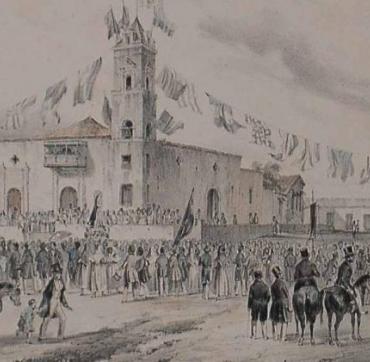Sociologist Says Covid-19 Times Triggered Reflections
especiales

Marcelo Colussi, a sociologist, said on Friday that Covid-19 triggered reflections on society’s track by the time the social researcher launched his book entitled, “El Antropoceno en crisis y otras tantas pandemias y misceláneas” (The Anthropocene in crisis and other pandemics and miscellaneous).
Scholars linked to social sciences held a group debate to contribute some critical ideas regarding the huge humankind’s problems, triggered by the SARS-Cov-2 coronavirus, Colussi explained.
Covid-19 disease showed us where we were walking and where we were going, and we tried to contribute proposals for solutions to serious predicaments that were difficult to solve but they were worthwhile to consider all, he stood out.
Colussi pointed out that privatization and the absolute breakdown of health systems did not facilitate to find answers, except for some countries that did have a well-organized health sector, such as Cuba, China, Vietnam and Japan.
The peak of the Covid-19 pandemic produced around 6,000 and 7,000 deaths a day, with the epidemiological curve at its maximum point, the also university professor recalled who has been residing in Guatemala for years.
“Covid-19 cases went down, we no longer use facemasks, but there are other diseases and acute problems that produce as many or more disasters,” Colussi noted in a panel with two of the 20 co-authors from different states involved in the book.
Shortage of food provokes 20,000 deaths a day due to famine, and this epidemiological curve has not depleted in a world where there is 40 % more food available, the sociologist remarked.
Of all human water consumption, domestic one represents only 5%, the other 95% is industrial or for crop irrigation, Colussi stated.
In Colussi’s opinion, climate change needs to be thought over. He further described that 85% of the world’s population suffers hardship, which is part of “the legacy of capitalism.”
Experts refer to a new geological era: the Anthropocene, a period marked by the capitalist mode of production, which is changing the natural environment radically.














Add new comment